Vitamin C helps develop and repair tissues in our bodies such as skin tissues, tendons and blood vessels. Therefore, vitamin C is one of the most important nutrients to consume.
Fruits are rich in vitamin C and are important to include in a balanced diet. If you want to know the properties of vitamin C and you don’t know which fruits have the most vitamin C, take a look at our ranking and make a note of the fruits high in vitamin C.
Fruits with vitamin C
Do you know how much vitamin C is in an orange? Or how much is in a lemon? Did you know that, in contrast to what you usually thing, the vitamin C level in a kiwi is higher than citrus fruits?
Thanks to this list of fruits rich in vitamin C, you can find out the recommended daily quantity that you should be consuming in order to enjoy the benefits of vitamin C for your skin and body.

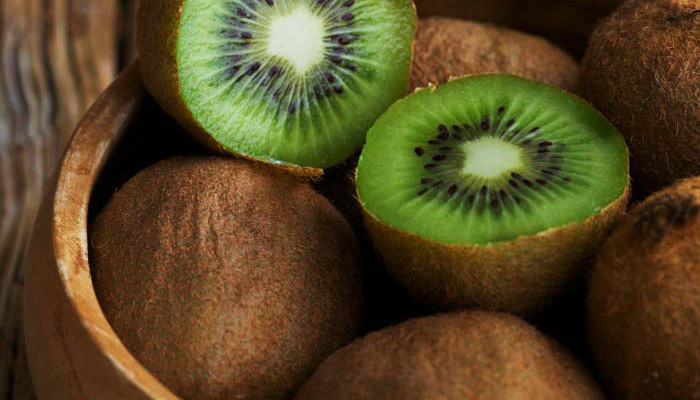
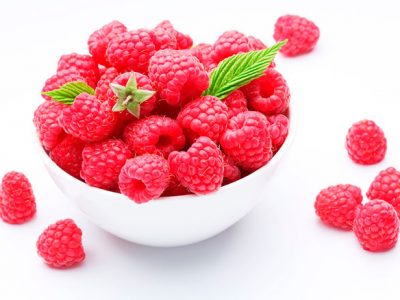
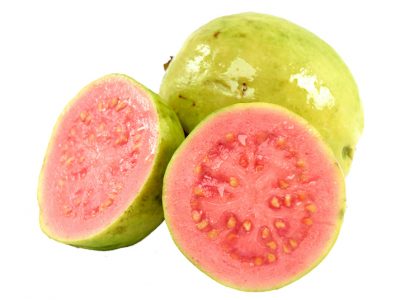
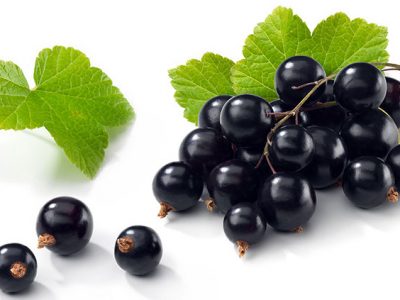
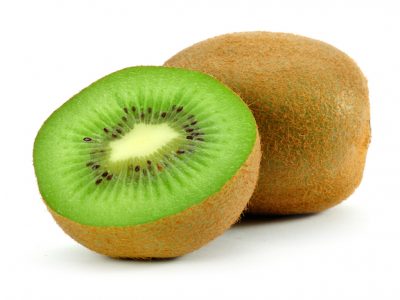
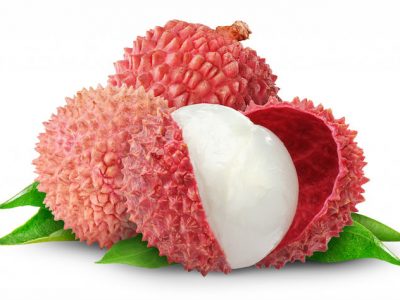
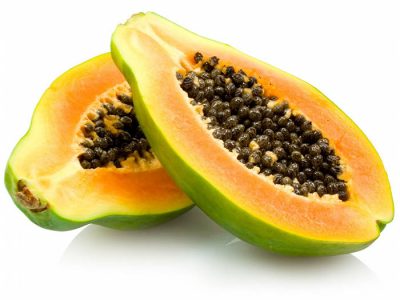
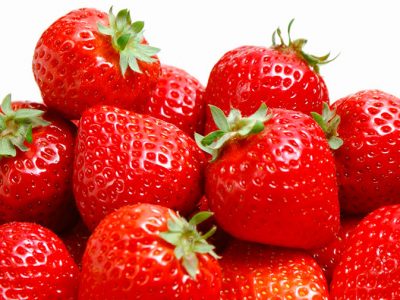
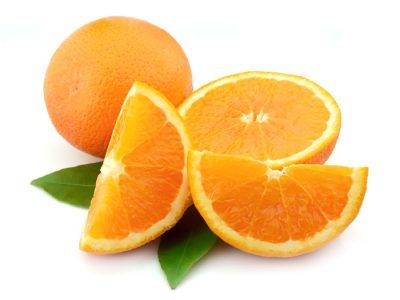
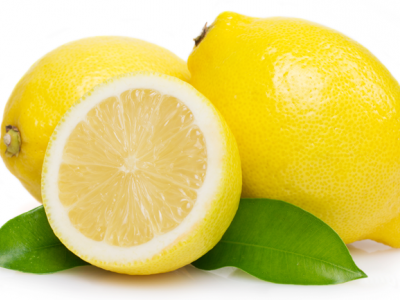
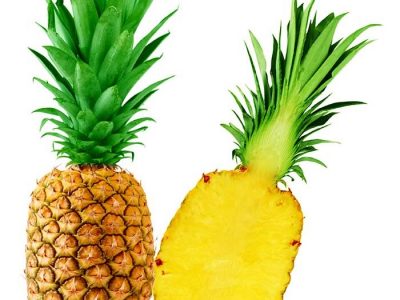
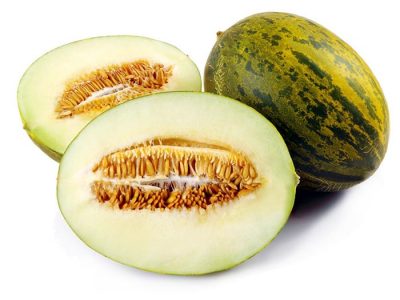
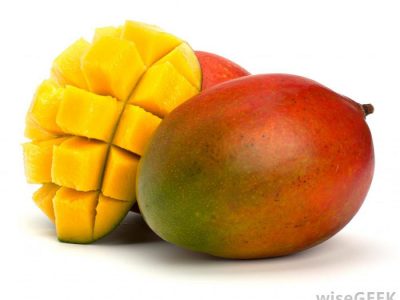
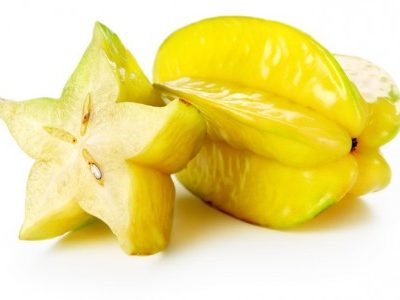
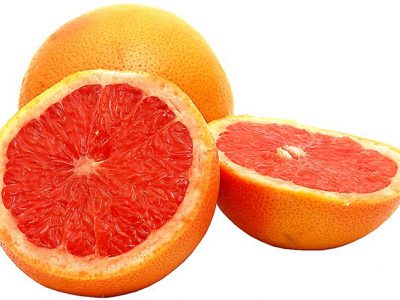
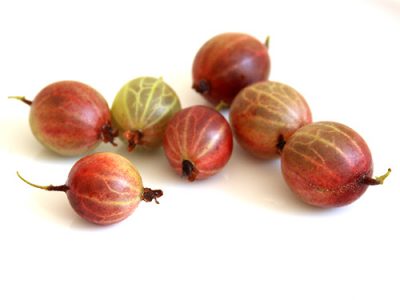
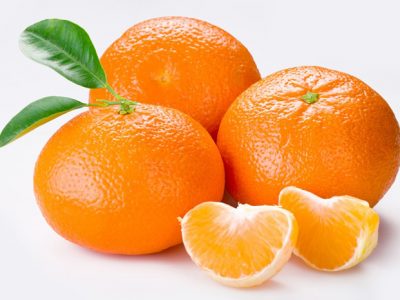
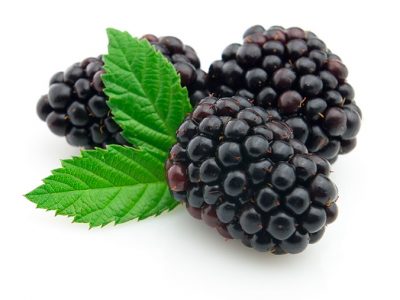
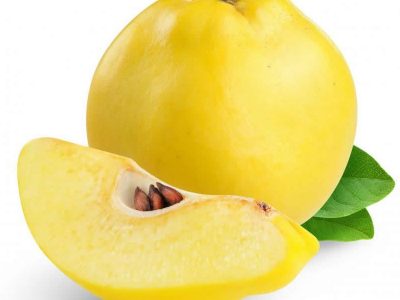
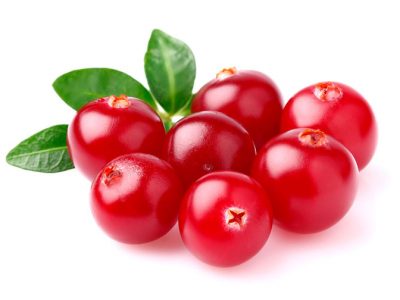
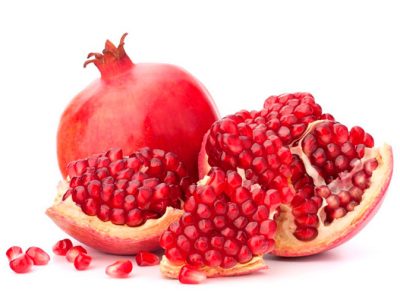
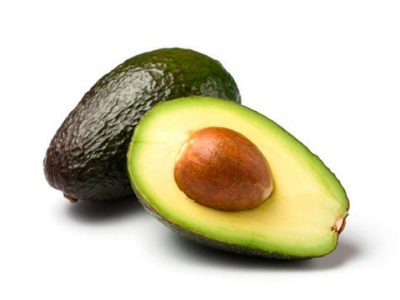
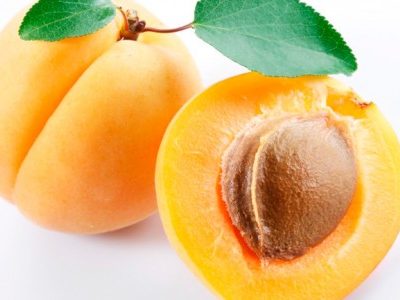
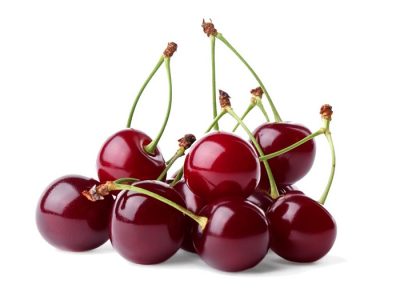
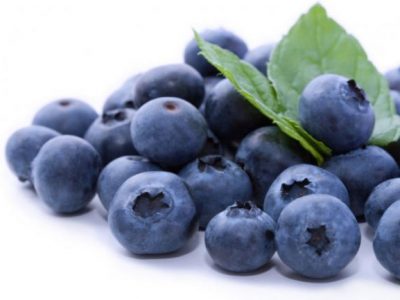
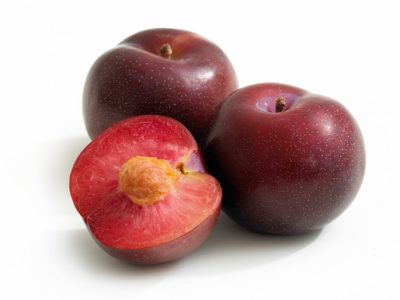
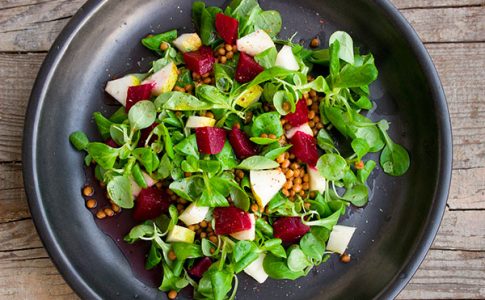
No comments